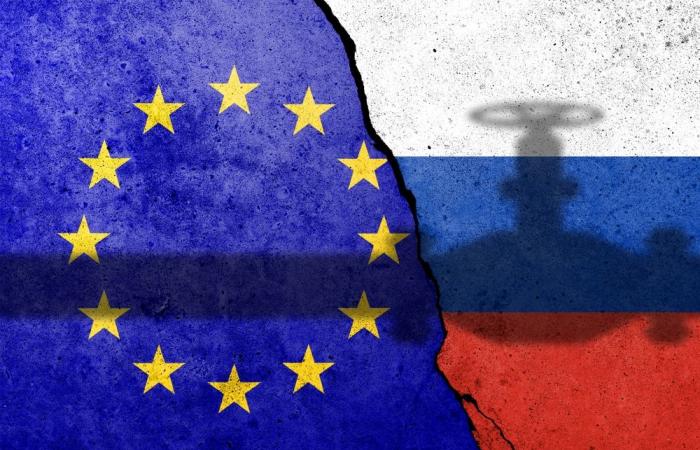This rupture comes in an already tense context, where the war in Ukraine has profoundly redefined trade and energy flows. The economic consequences promise to be significant, not only for Russia, but also for Europe, which must accelerate its energy transition while managing rising energy costs.
A strategic decision with multiple economic repercussions
By refusing to extend the transit agreement, Ukraine wanted to free itself from its economic dependence on Russia. This contract, which allowed the transport of 14.65 billion cubic meters of gas in 2023, generated approximately 800 million euros of annual income for kyiv. In return, Gazprom received nearly 5 billion euros thanks to the export of this gas to Europe.
This decision is not without risk for Ukraine, but it is part of a long-term logic: limiting Moscow's financial resources while strengthening its energy autonomy. On the Russian side, this loss of market exacerbates the economic difficulties of a country already hit by international sanctions and a reduction in its energy exports..
A Europe in search of solutions
For the European Union, this ruling highlights the fragility of its energy supply. Although dependence on Russian gas has decreased significantly since the start of the war, certain Eastern countries, such as Slovakia and the Hungaryremain particularly exposed. The Slovak Prime Minister, Robert Ficodescribed this decision as“drastic impact” for the whole of the EU.
| Source | Benefits | Disadvantages |
|---|---|---|
| Gazoduct TurkStream | Maintaining a constant flow | Limited capacity |
| Liquefied natural gas (LNG) | High availability | High cost |
| Renewable energies | Sustainability | Slow development |
The increased use of LNG, particularly imported from the United States and Qatar, appears to be a short-term solution. However, the infrastructure necessary to accommodate these volumes remains insufficient in certain countries.. Furthermore, the costs linked to LNG, higher than those of gas transported by pipeline, are passed on to households and businesses.
Growing pressure on the markets
The end of transit via Ukraine has caused a new surge in energy prices in Europe. The megawatt hour has reached 50 eurosa level not seen for more than a year. This increase, combined with persistent energy inflation, risks slowing down the post-pandemic economic recovery in many Member States.
For businesses, particularly in energy-intensive industrial sectors, these increases represent a major challenge. The competitiveness of European industries could erode in the face of international competitors benefiting from lower energy costs.
Russia and Ukraine: opposing economic trajectories
For Russia, the loss of this transit route further reduces its ability to influence European markets. Its gas revenues, already weakened by sanctions, could decline significantly. Moscow is now banking on its LNG exports and the gas pipeline TurkStream to maintain a presence on the European market, but these alternatives remain insufficient. For Ukraine, this decision is part of a strategy of economic and energy reconquest. Although costly in the short term, it reflects a desire to further integrate European markets and to free itself from any form of dependence on Moscow.
This event underlines the urgency for Europe to accelerate its energy transition. The diversification of supply sources, investment in infrastructure and the development of renewable energies must become absolute priorities. At the same time, support policies will need to be put in place to cushion the economic impact on businesses and consumers.






